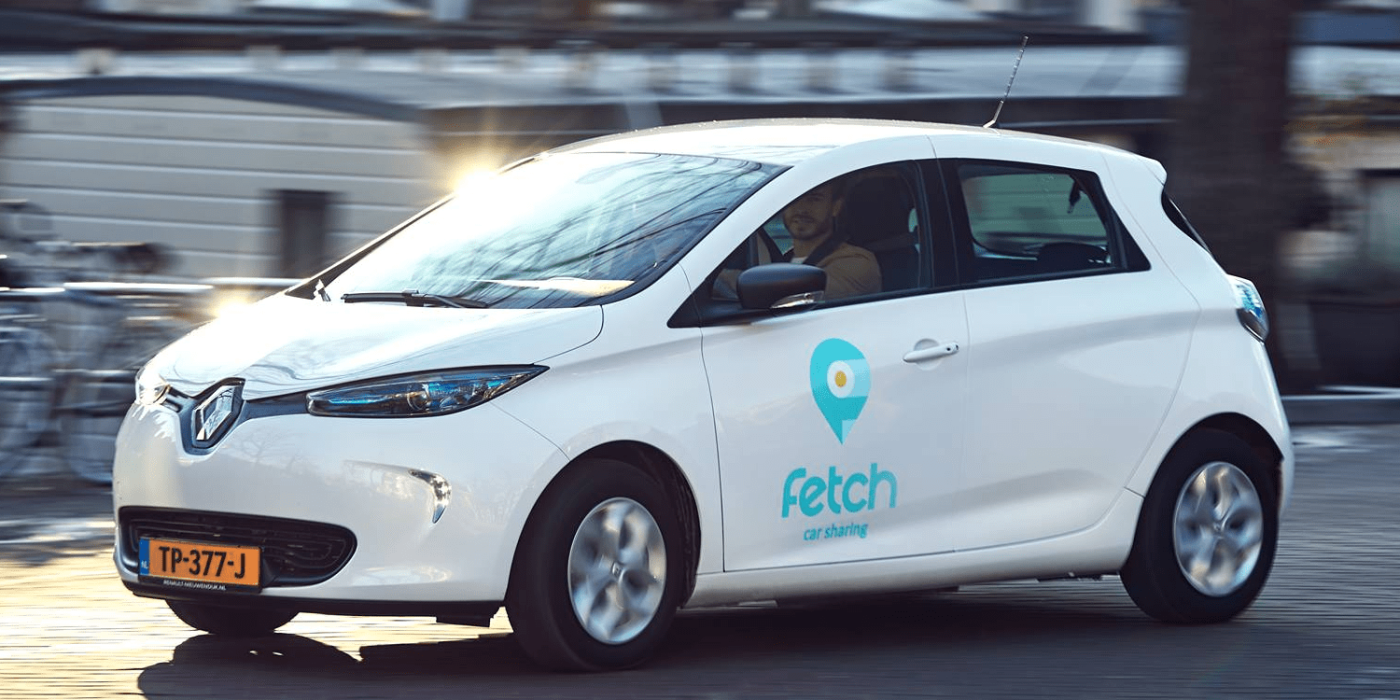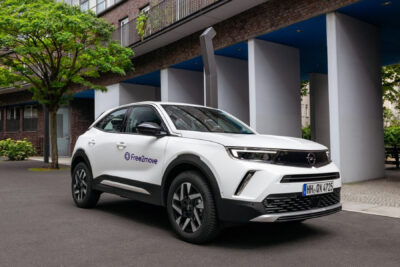GreenMobility expands in the Netherlands via Fetch takeover
The Danish electric car-sharing provider GreenMobility is planning its market entry in the Netherlands – namely through an acquisition of the provider Fetch Carsharing, which operates around 100 electric cars in Amsterdam. The transaction is expected to close before the end of the year.
The deal is so far based on a letter of intent between the two sides. In the course of the purchase, GreenMobility wants to take over Fetch Carsharing including its current electric car fleet and add 50 electric cars to it after the migration to its platform. For the Danes, it is the second acquisition to expand their business. In June, GreenMobility already announced the acquisition of EnBW start-up Twist Mobility, founded in 2020.
In Amsterdam, the company will retain the Fetch Carsharing team in addition to the electric vehicles. For the time being, operations will continue as usual, and Fetch Carsharing customers can continue to use the service as before, GreenMobility says. In the coming months, the migration to the GreenMobility platform will take place. In the course of this, the e-fleet in Amsterdam is to grow to 150 vehicles.
“I am excited about not only the acquisition, but also for GreenMobility to enter the Netherlands which in our view is a strong carsharing market. We are impressed with the accomplishments of European Lease Company and the Fetch team, for the great job they have done with Fetch Carsharing and paving the way for more electric carsharing in the Netherlands. We are confident that we are taking over a strong business with additional growth opportunities,” expresses Thomas Heltborg Juul, CEO of GreenMobility.
Fetch Carsharing was founded in 1988 by – and is still owned by – the Dutch European Lease Company. Since 2019, the company has been operating in Amsterdam. According to the new owner-to-be, the Dutch use the Renault Zoe, a fleet model with which there are “many operational synergies”. In fact, press photos of GreenMobility so far always show Renault Zoe.
Basically, GreenMobility relies on the free-float concept rather than station-based car sharing. The journeys are paid for either by the minute or via minute packages, on a daily basis or a subscription. The Netherlands is the sixth country and Amsterdam the eleventh operationally developed city, the Danes state. Within the Netherlands, the company is flirting with a later expansion into other cities “such as Rotterdam and The Hague”.
According to GreenMobility, it currently operates 985 electric cars in Copenhagen, Aarhus, Malmö, Gothenburg, Antwerp, Ghent, Brussels and Helsinki. More than 145,000 people are registered as customers. Starting in December, Düsseldorf and Cologne will be added to the list of German cities for the first time. By 2025, the car-sharing company wants to be represented in 35 cities with 10,000 electric vehicles.
Whether further cities in Germany are planned in the course of the expansion plans until 2025 was not disclosed by GreenMobility on the occasion of its announcement published in mid-November on the imminent launch in Cologne and Düsseldorf. The launch in the two NRW cities will initially take place in December with 50 to 100 electric cars before the fleets are to be expanded in 2022. The company will use a joint operating structure for the two major cities on the Rhine.
GreenMobility has already been active in Germany since this summer, but Düsseldorf and Cologne are the first new cities. The background to this is that the Danes took over the EnBW start-up Twist Mobility a few months ago – a provider of e-vehicle sharing that is specifically geared to the needs of small and medium-sized cities and municipalities.
With reporting by Cora Werwitzke, France.





0 Comments